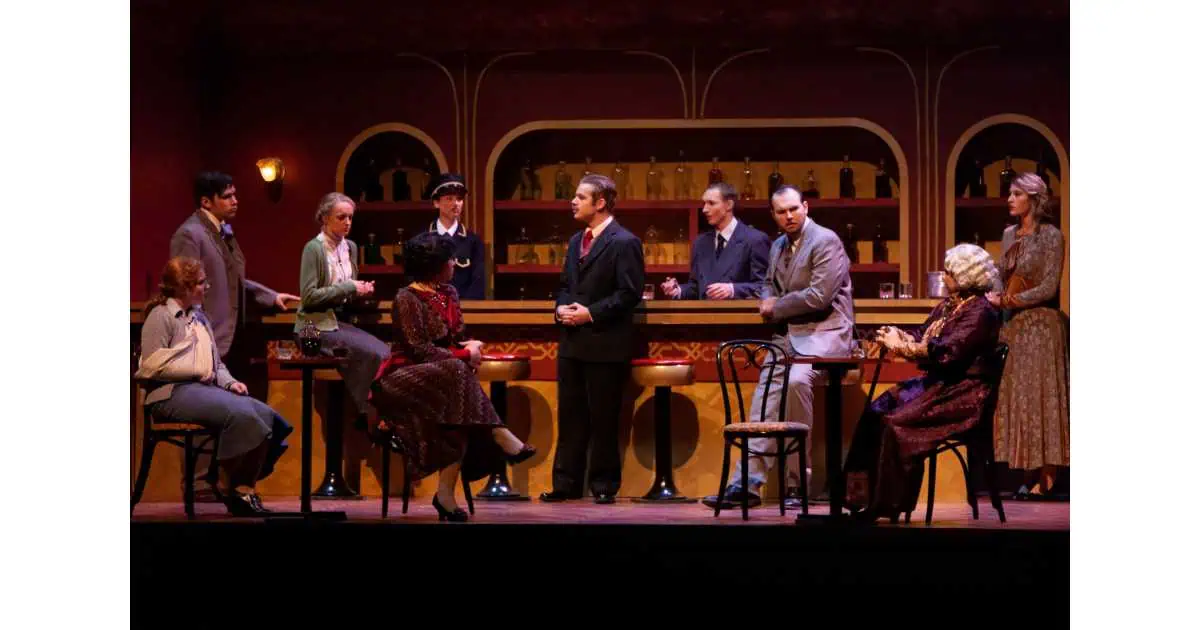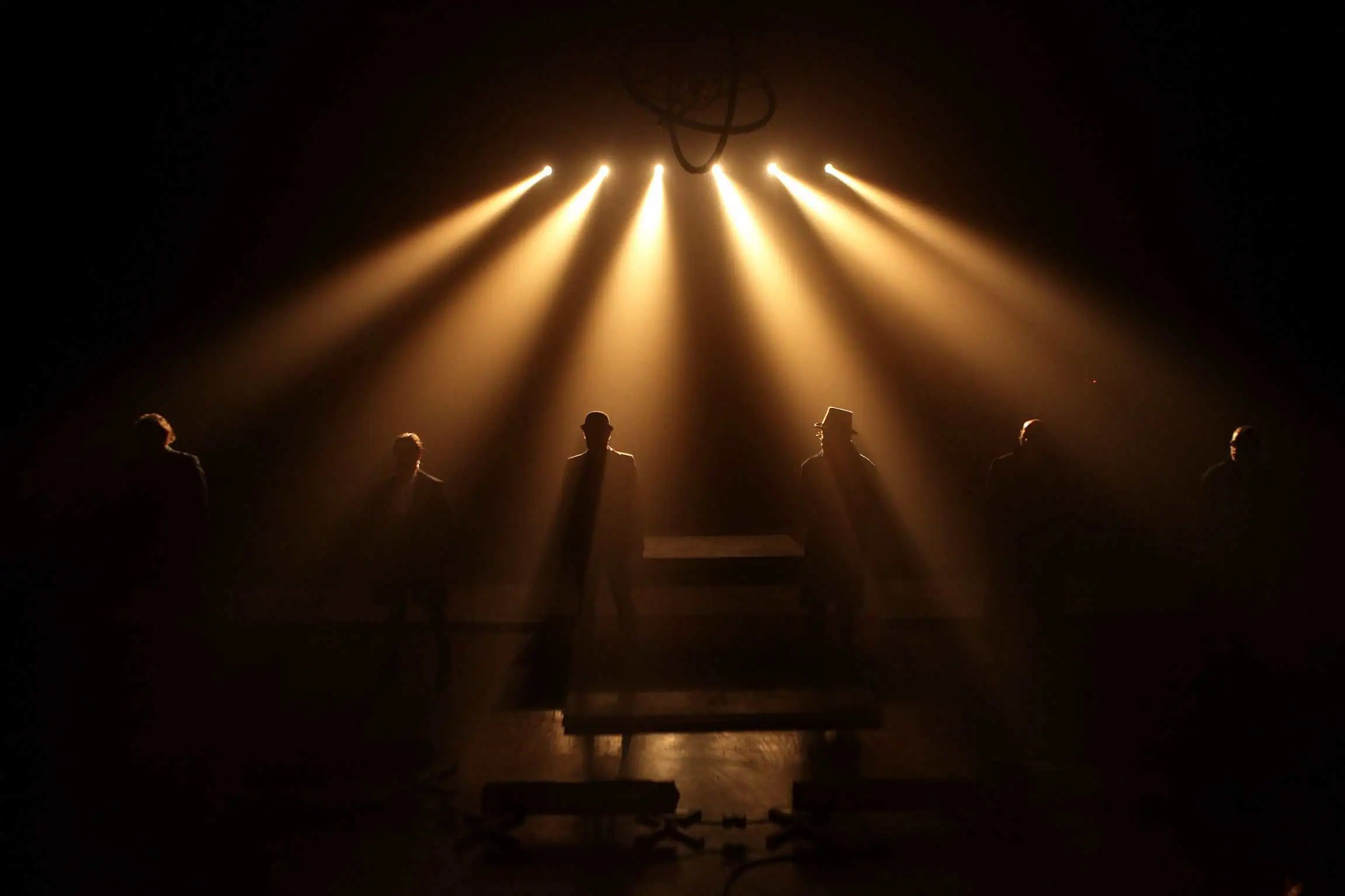Why Touring Theater Is a Whole Different Stage
If you’re a stage manager preparing to hit the road, this guide breaks down the key aspects for how to manage a touring production—what to expect, how to prepare, and how to thrive along the way.
The life of a stage manager on tour is one of rapid adaptation, high stakes, and unforgettable rewards. Each city brings a new venue, new challenges, and new variables—but the mission remains the same: put on a show that feels seamless to the audience.
The Production Stage Manager’s Role on Tour
Touring shows demand flexibility and fast decision-making. As a production stage manager (PSM), your responsibilities multiply—and so does your impact.
- Expanded Responsibilities: In addition to traditional show calling and cue management, PSMs often take on tasks normally handled by a company or general manager. It’s not uncommon to be the glue that holds the tour together.
- Cue Consistency Across Venues: You’re the artistic overseer of technical integrity. Lighting, sound, automation, and effects all need to maintain the look and feel of the original design—no matter the city.
- Team Communication: You’re the central point of communication between departments. Your ability to translate changes in blocking, spacing, or effects across teams keeps everything running smoothly.
Every venue introduces new technical variables, but your goal remains steady: consistency and excellence, night after night.
Advancing the Show: Thinking Two Cities Ahead
In touring, you’re always playing chess—not checkers. While managing the current city’s performance, you’re already prepping for the next.
- Venue Research and Coordination: Fire exits, rigging weight limits, automation space, dressing rooms, crossovers, quick change areas—every detail matters.
- Technical Fit and Modifications: Touring often requires set or design modifications to accommodate smaller or differently equipped venues. Anticipating those needs is key.
- Walkability and Local Logistics: Knowing what’s around the venue can support crew well-being and help you plan for meals, supplies, and emergencies.
Tour prep doesn’t start at load-in—it starts weeks ahead, while the previous show is still running.
Transportation & Load-In: Logistics Are Everything
If touring is a machine, logistics is the engine. From truck packs to personnel transport, every move must be deliberate.
- Strategic Load-In Planning: Getting the right gear in the right order is essential. Reverse engineering your truck pack saves time and prevents show delays.
- Department Coordination: Lighting, sound, rigging, automation—all teams must work in sync. Knowing each team’s needs helps you spot red flags early.
- Contingency Thinking: Delays or changes happen. Your ability to pivot—adjusting placements, modifying cues, or updating the plan in real-time—is what keeps the show on track.
When something inevitably goes sideways, your leadership and clarity will keep the tour moving forward.
Key Takeaways
- Touring stage management requires balancing artistic consistency with logistical flexibility.
- You must think ahead constantly—advancing venues, solving problems before they happen, and coordinating across departments.
- Communication, preparation, and adaptability are your greatest tools.
- Your leadership directly impacts the safety, sanity, and success of the cast and crew.
- Touring isn’t just a job—it’s a way of life. One that rewards those who thrive under pressure and lead with empathy.
Are you a stage manager looking to transition into touring work? Subscribe to Half-Hour for more content like this



